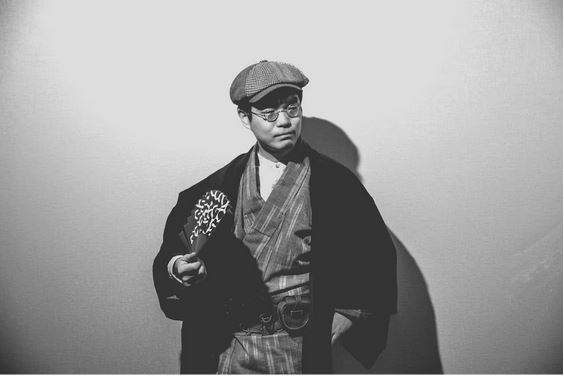Shigeyoshi Tsukahara

Shigeyoshi Tsukahara — Japanese Guest
Shigeyoshi Tsukahara is an independent animator and animation director born in Tokyo in 1981. He made his first animation drawings in university. In August 2001, he launched the website “Yasakaido”. By 2003, he was creating and publishing Flash animations. In 2004, his film “Ushigaeru” closed the Kōhaku Flash Gassen Competition. Since 2013, he has been producing stage sets and animations for the music group SEKAI NO OWARI. In 2018, he began production of the animated feature “Kurayukaba”, distributed by TwinEngine, which received the Special Audience Award at the Fantasia Film Festival in 2023. In April 2024, his second animated feature, “Kuramerukagari”, was released in Japanese cinemas in a double bill with “Kurayukaba”.
Influences
Influenced from childhood by the Godzilla series produced by the Tōhō company, he watched a lot of the Tōei series Wakadaishō and Shachō produced in the 1970s and generally regarded as light comedies.
He acknowledges the influence of directors Kengo Furusawa (1919–1997), Jun Fukuda (1923–2000) and Takashi Tsuboshima (1928–2007) from 1960s Tōhō, citing in particular director Kihachi Okamoto (1924–2005) and his film “Dokuritsu Gurentai”, a satirical war movie.
Aesthetics
Tsukuhara recounts how, as a child, he was marked by the Sumida River (which runs through Tokyo) and how it appeared to him as both a source of disquiet and a barrier separating different worlds.
His approach to a work is marked by the construction in his mind of the geography of a particular world populated by beings, not all of whom reveal their faces, and by the appearance of neo-contemporary weapons and machines in an aesthetic that could be described as post-steampunk. Each world he creates—he calls them “great miniature gardens”—is wrapped in a unique colour palette.
The narrative of his works borrows heavily from the techniques of the benshi, historically the narrators of silent films, following his 2007 meeting with Raikō Sakamoto, one of the last heirs of this tradition.